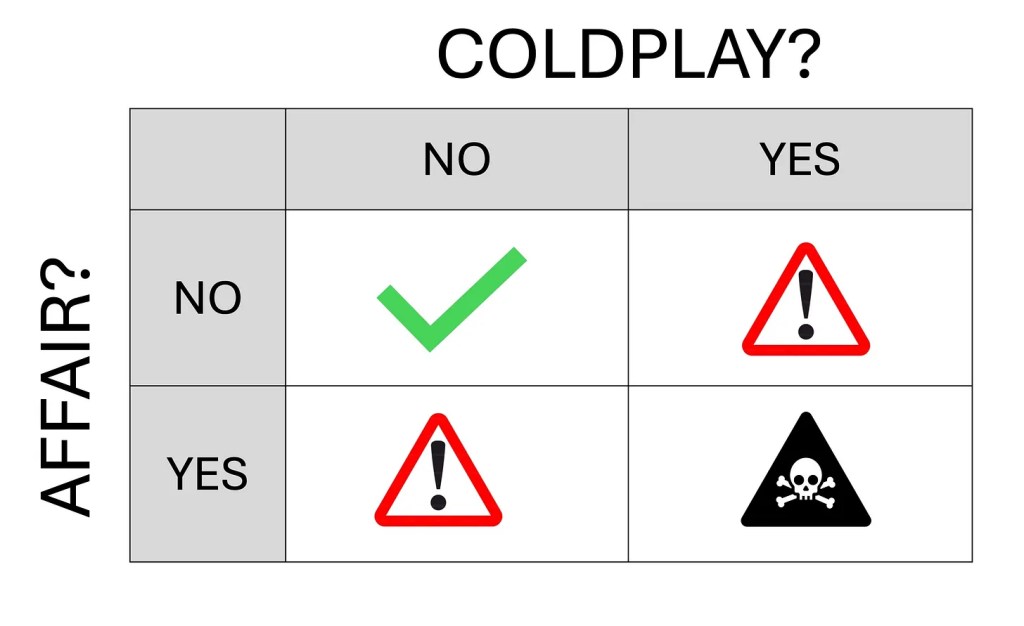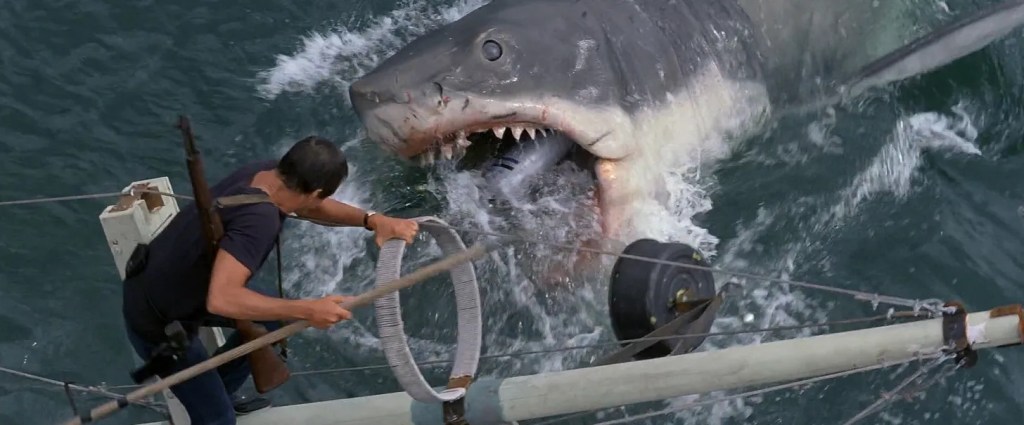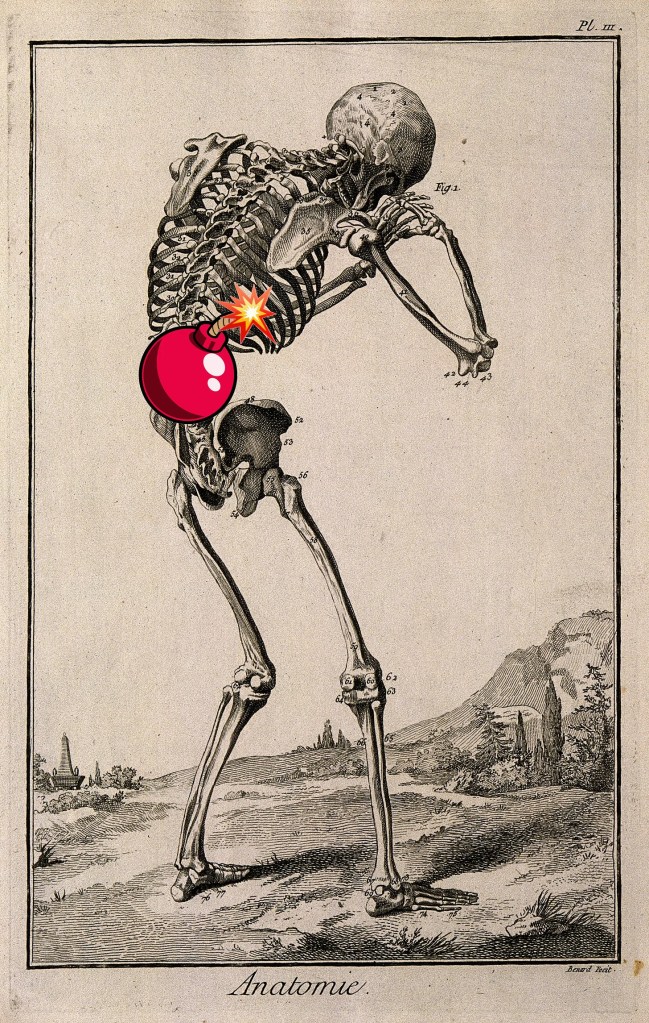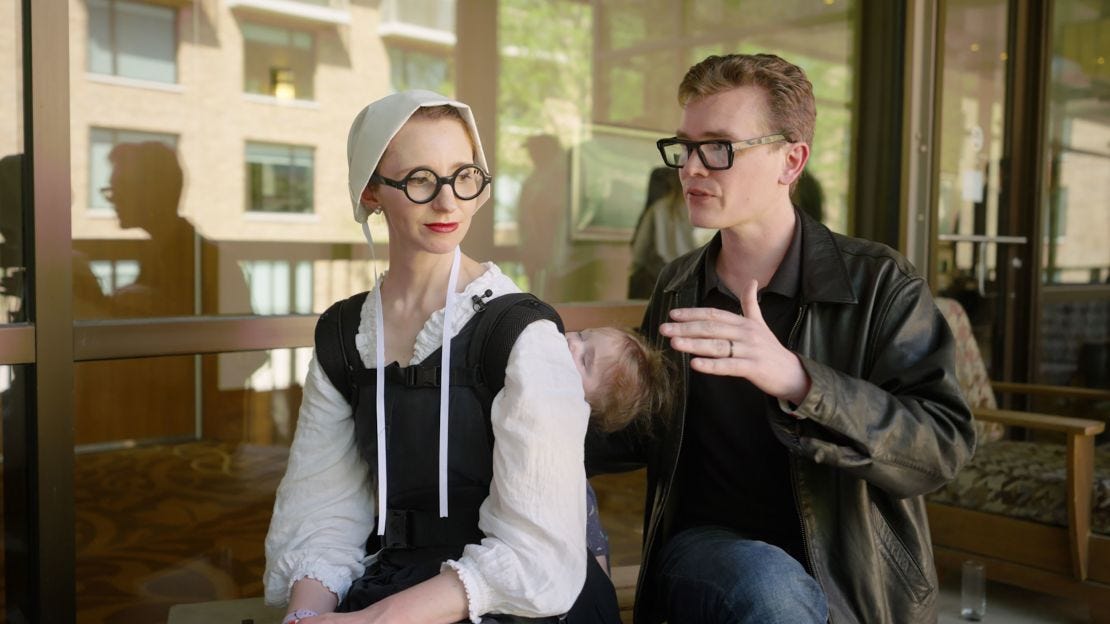Evaluating a New York media scandal on the international beer metric
Twenty years ago last March, I wrote my first blog post about PR in China. I had been living and blogging in China for nine months, but my early posts focused on daily life and had titles like, “I successfully speak Chinese to people,” and “I shop,” and so on. These are real titles, not jokes. I was delirious with culture shock.1
When I finally wrote about work, I started with a post on a China PR practice that I found deeply weird. This was the “transportation claim,” the practice of giving every reporter who attended a press event an envelope of cash. Coming from obsessively Windexed Singapore, where I had started my PR career, this seemed sketchy. But my colleagues assured me that it was standard practice.
In those days the going rate was 200RMB (then about US$25) for a Beijing print reporter who had come from in town. There were different rates for television crews and out-of-town reporters.
Was giving a modest envelope of cash to a reporter who worked for state-owned media a violation of the U.S. Foreign Corrupt Practices Act? I didn’t know! But the leadership of the Beijing office of the big U.S. PR firm I worked at didn’t seem concerned, so, 🤷.
I jokingly titled that old post, “A scholarly analysis of the economics of PR in China.” In it, I used beer, the PR pro’s favorite commodity, as a unit to assess the value of the transportation claim on a purchasing-power parity basis. In 2005 you could get a tall Yanjing or a pint of Beijing Asahi for RMB3 if you knew where to drink. Deducting the average cost of two typical Beijing taxi rides from the transportation claim, I calculated you’d have about RMB150 left over, or enough for up to fifty beers.
In Singapore, which was my frame of reference, I calculated you’d need an envelope with a minimum of SGD$270 (about USD$180 at the time) to achieve the same thing.2 Hand a lot of those out and you would be at real risk of a sweaty afternoon in the basement of the Corrupt Practices Bureau.










